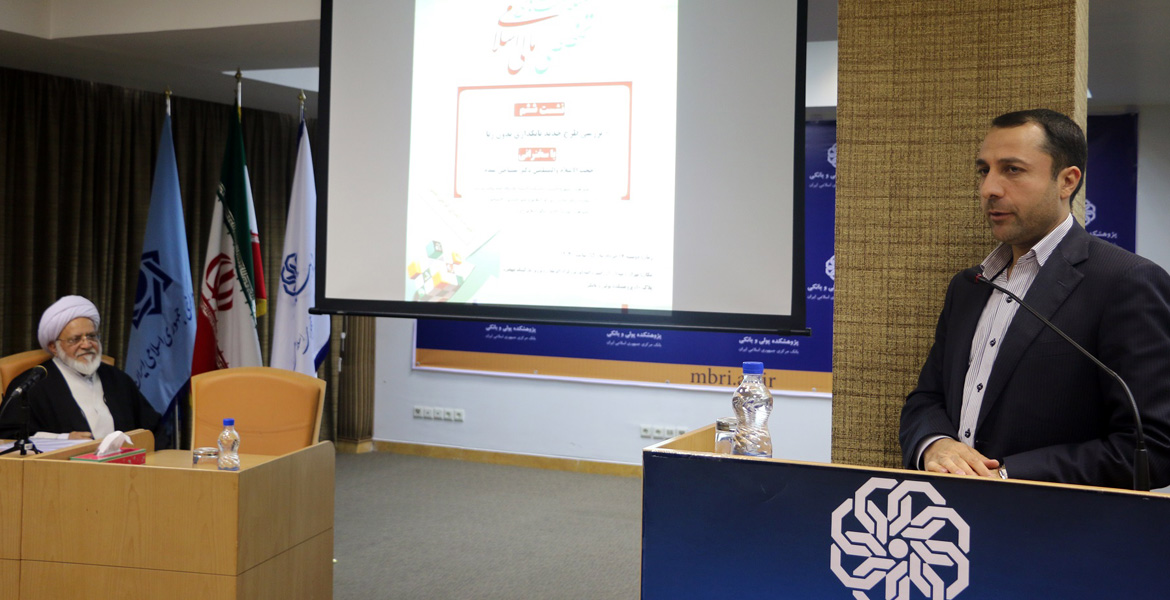
The IAIF held the 6th specialized session on the review of the new interest-free banking plan on 6 Jun. 2016.
Dr. Mesbahi Moghadam, a member of the working group for amending the interest-free banking law in the ninth Parliament, said that one of the important achievements of the new interest-free banking plan is that we converted Gharz al-Hasna savings deposits into proxy accounts for loans because the previous procedure meant that depositors give Gharz al-Hasna to banks while Gharz al-Hasna is for benefaction and the bank does not need anyone but the people need it. Therefore, in this plan, the banks undertake to give this deposit only as Gharz- al -hasana.
Another point in this plan is that in addition to general investment deposits, we also designed special deposits so that people who need large facilities such as thousands of billions can meet their needs.
In such a situation, the bank announces to the depositors that you can invest in a certain project and in this case the profit and loss of the account will be determined.
The new plan also states that banks can use barter contracts to finance individuals, small businesses, medium-sized enterprises and purchase services, so there is no room for a fictitious invoice. The best way to finance large companies is through partnerships. They can also use barter contracts, but it is in favor of them and their investors to operate in partnership form, because in this case, real participation in profit and loss occurs.
Another point about late fines as one of the problems of the banking system is that it causes the acquisition of collateral. Obligation was used before, but the jurists disagreed with that.
For this reason, we used the initiative launched in other banks and it was announced that the principle of delaying the repayment of debts is wrong, and if people are able to pay, the bank can fine them one and a half times the value of the their debt, but It is deposited in an account in the central bank in favor of the government and no interest is paid to the banks, but the central bank compensates them.
As for the people who have gone bankrupt, we have said that in this case, we should give them time to become able. If someone is unable to pay his debt, his debt should be paid and no pressure should be put on him.
At the end, he said we also considered the Sharia Council for the Central Bank and the Governor of the Central introduces 5 senior clerics familiar with economic issues to examine new instruments and methods of financing. This Sharia Council has 50 years of historical experience in Islamic banks and none of the Islamic banks has considered as a nuisance.
Then Dr. Ali Salehabadi, CEO of the Export Development Bank and Chairman of the Iranian Association of Islamic Finance, presented some supplementary suggestions as follows:
In the area of policy-making, a Coordination and Financial Stability Council should be established.
At the operational level, the Exchange Organization, the Central Insurance and the Central Bank should coordinate with each other.
Regarding the position of the Sharia Council, it should be said that in this plan, there are three councils, including the Money and Credit Council, the Supervisory Board and the Sharia Council, which in my opinion their connection is not clear and should be transparent.
There is a structural problem with late fines, because the supervision structure of banks is weak, the collateral-based approach should be replaced by the supervision-based approach.


